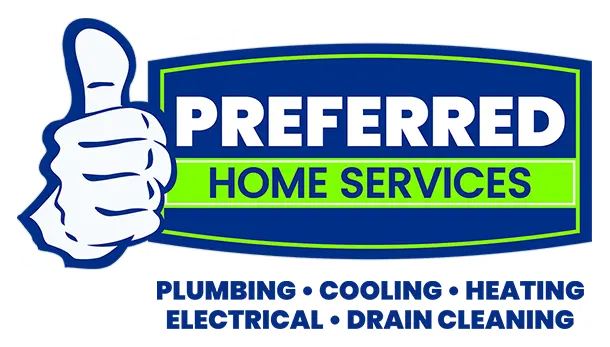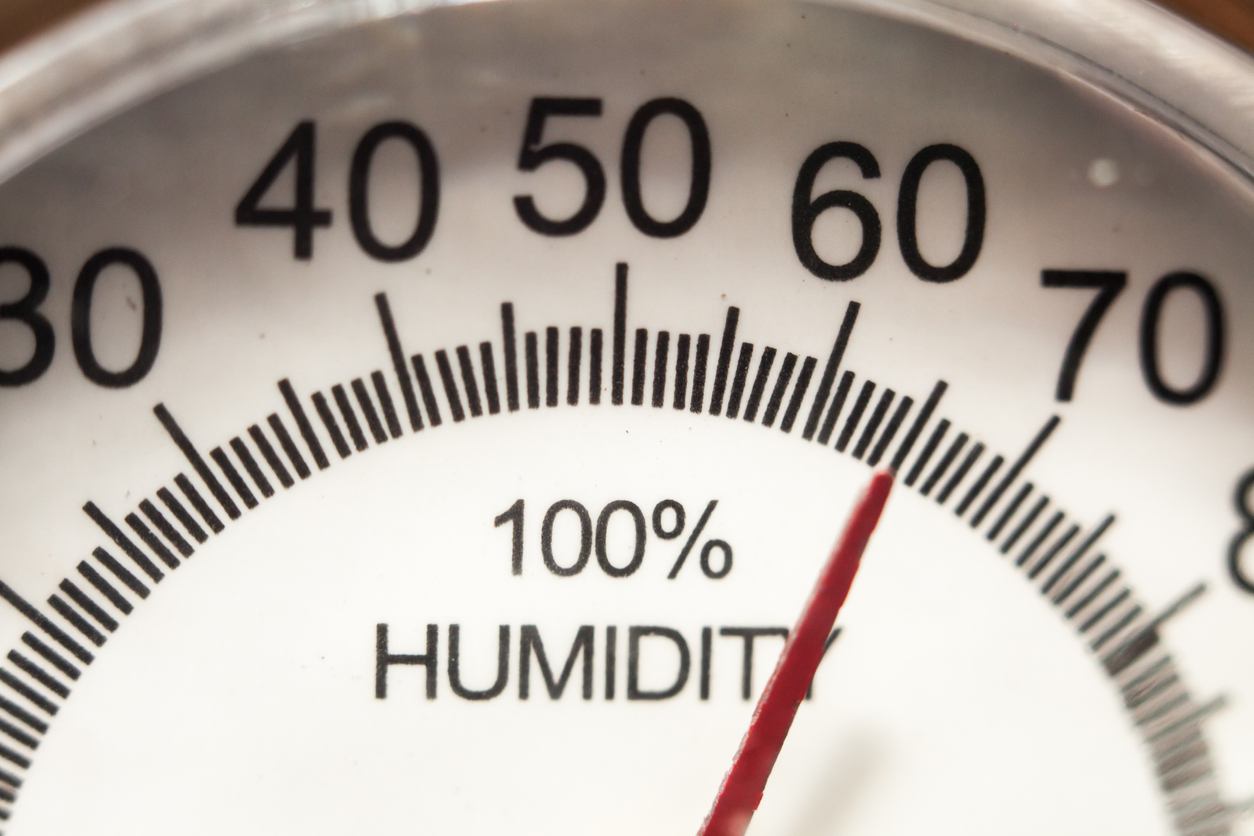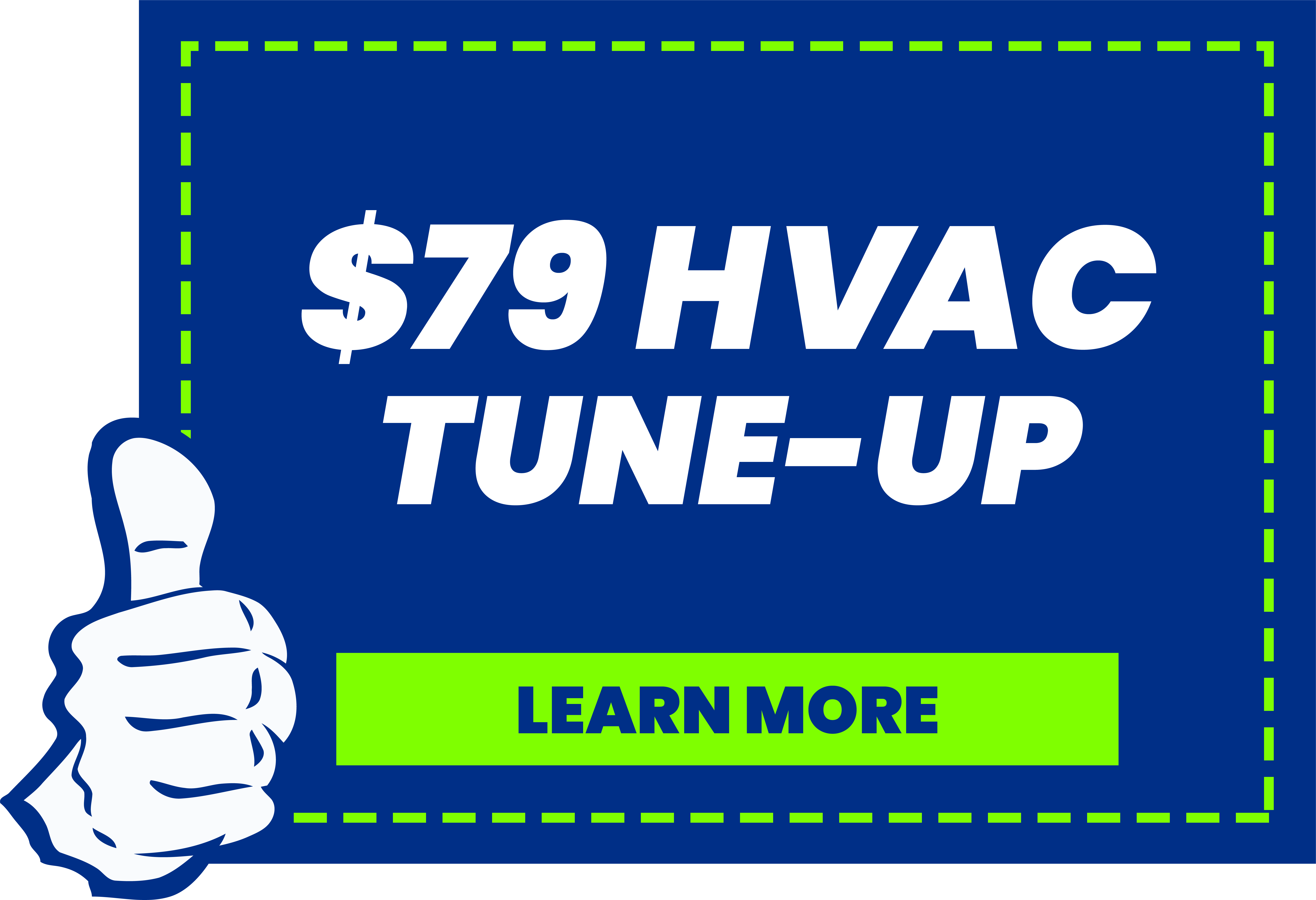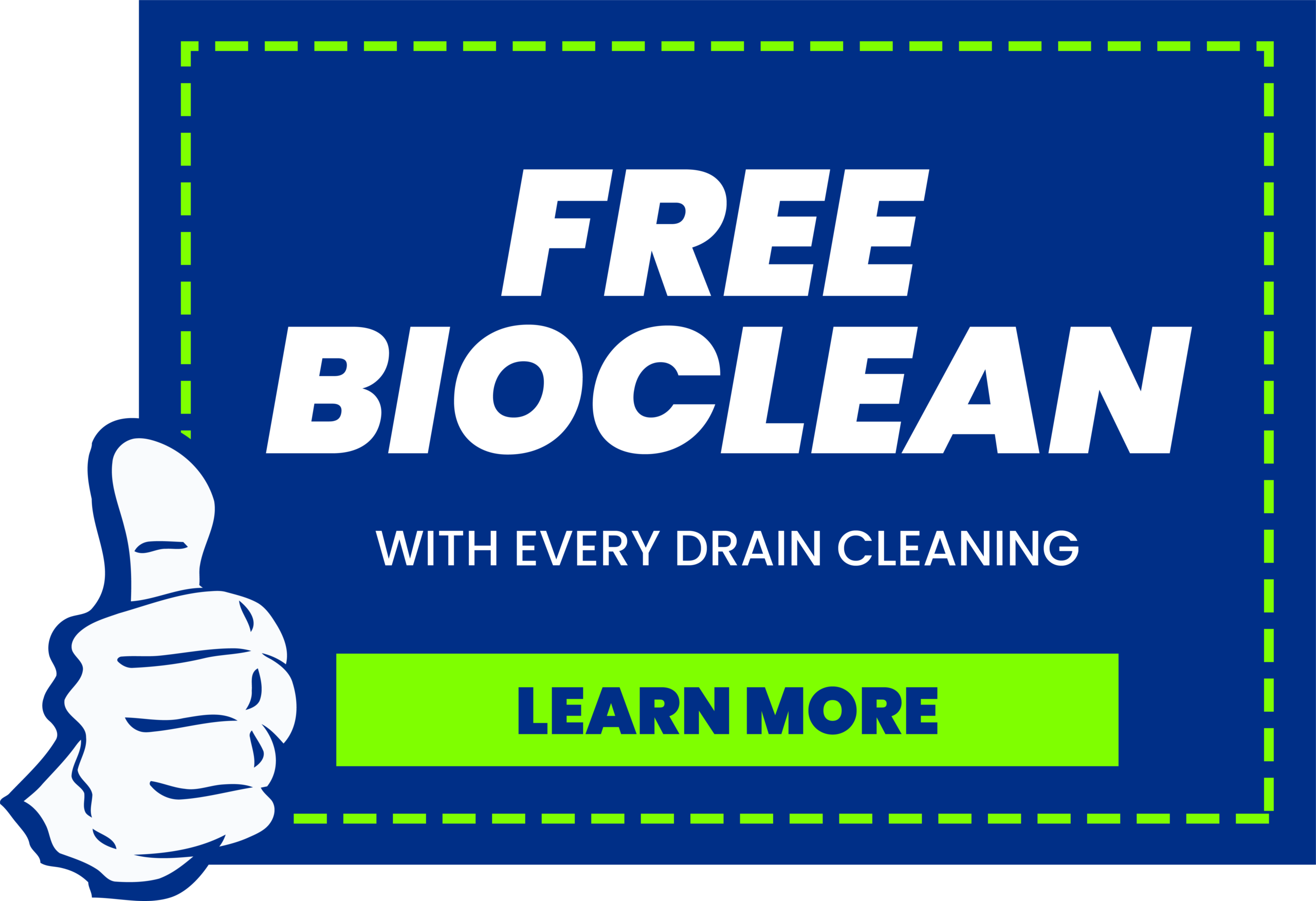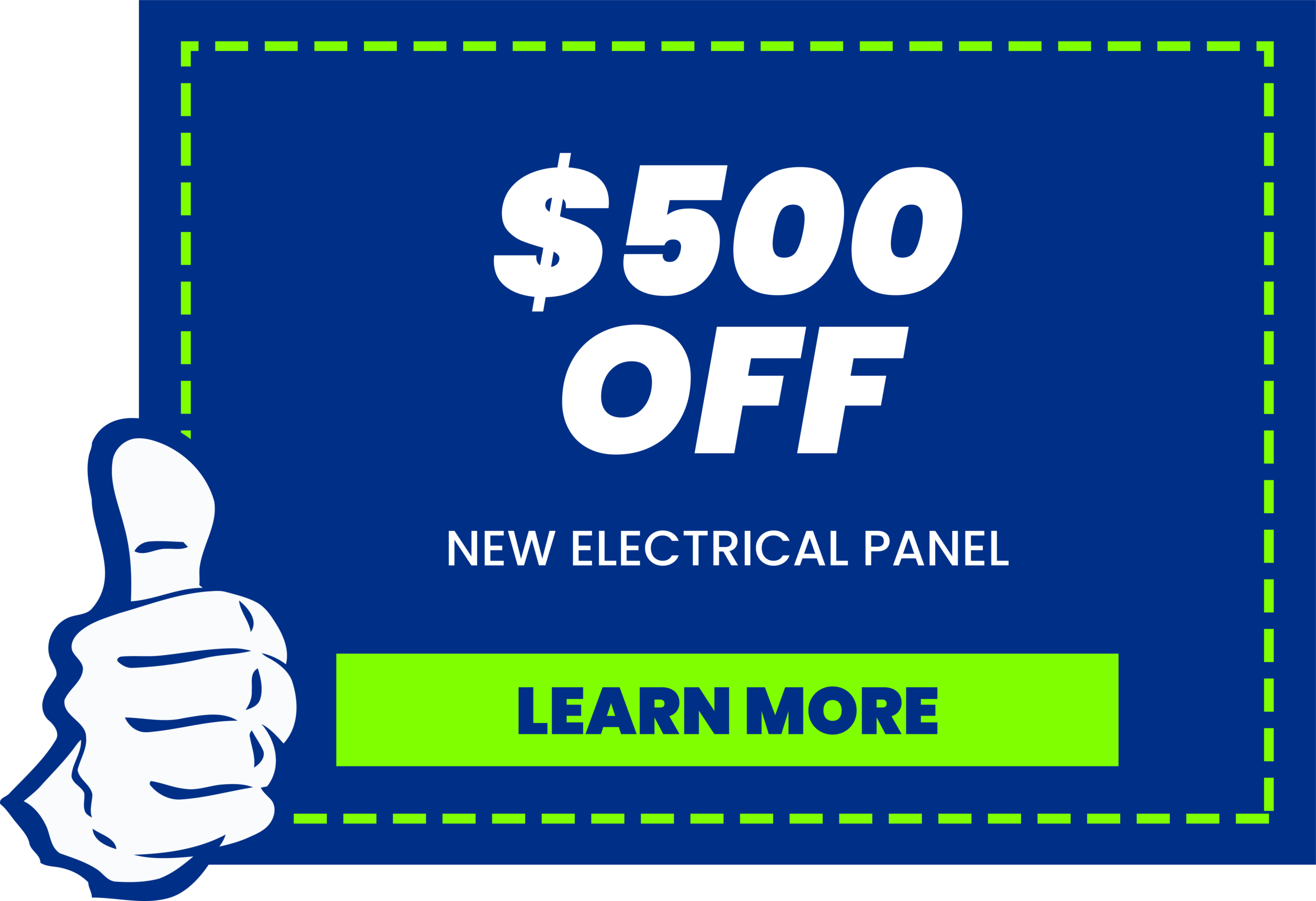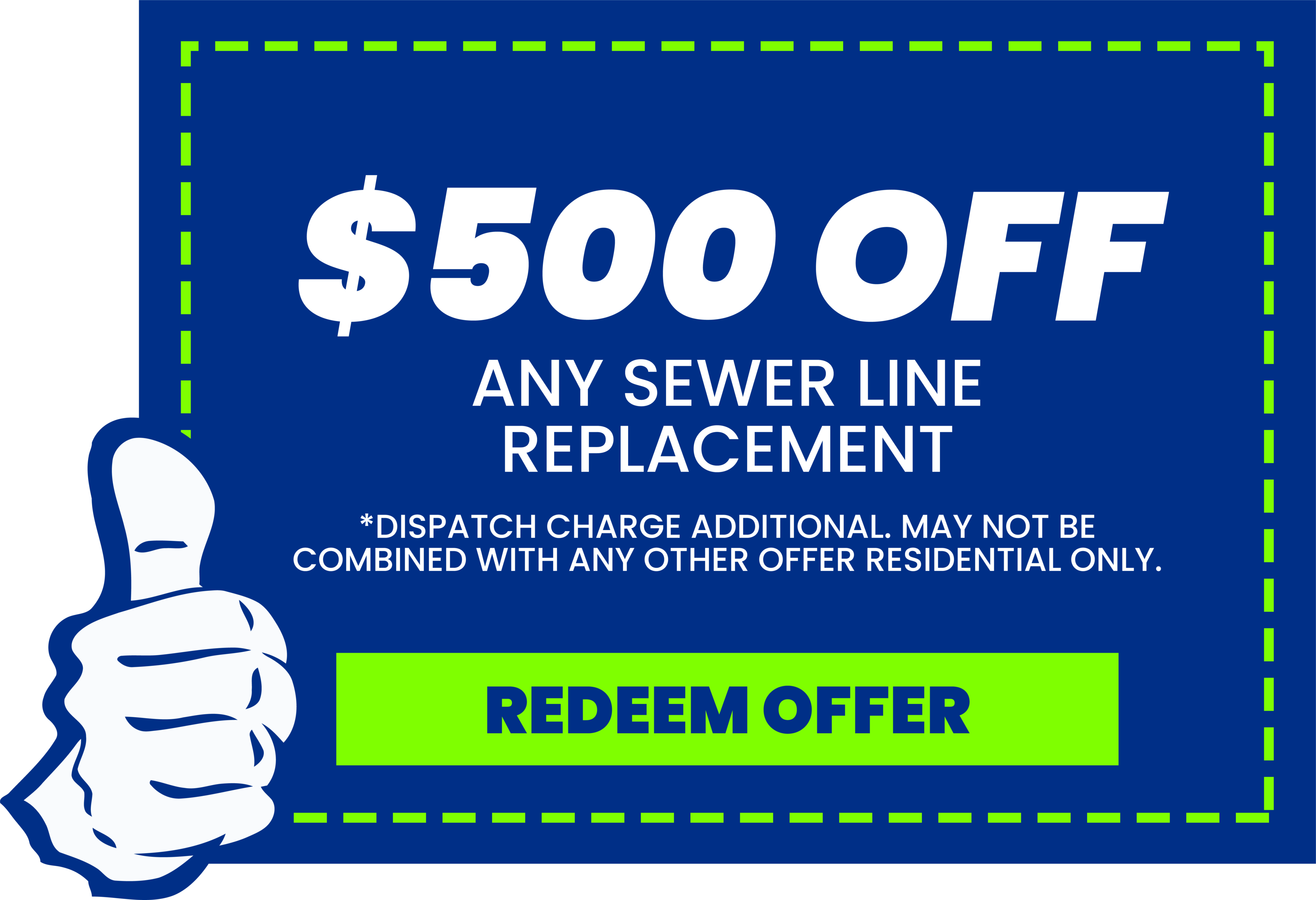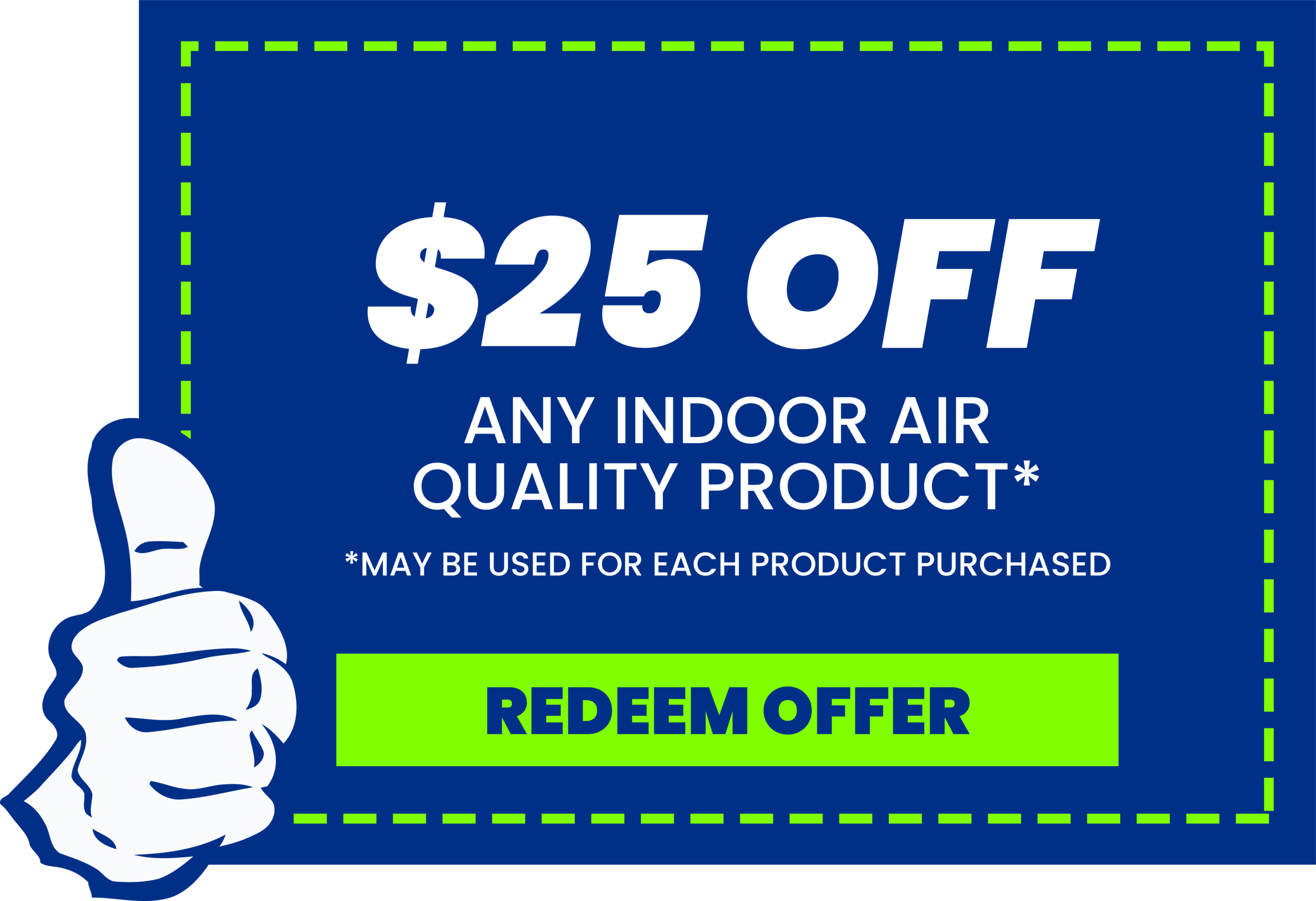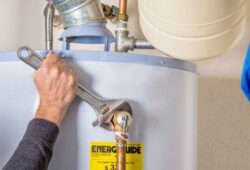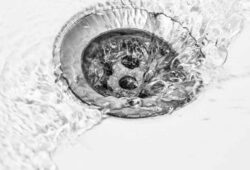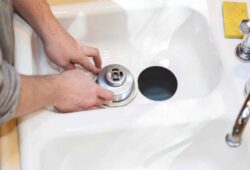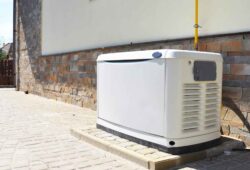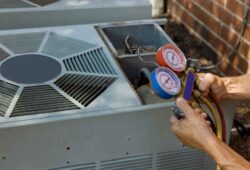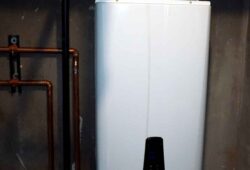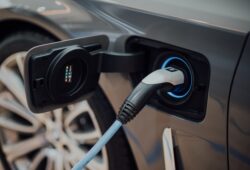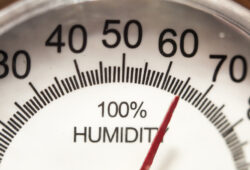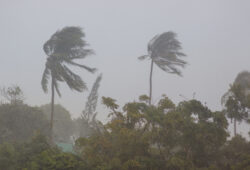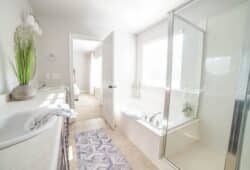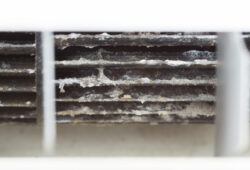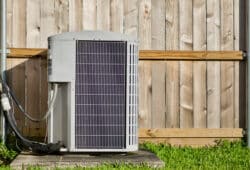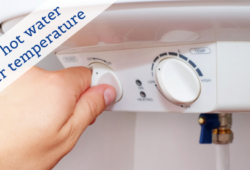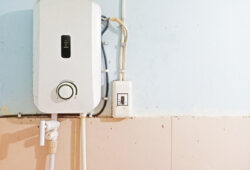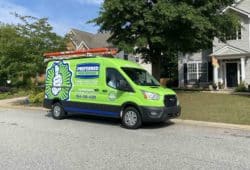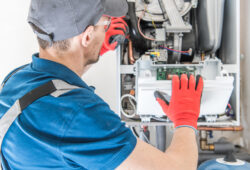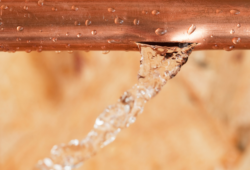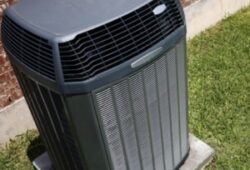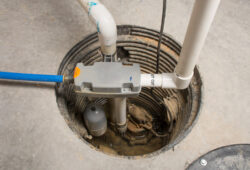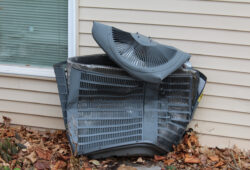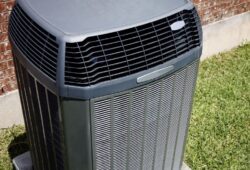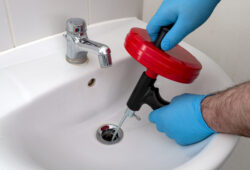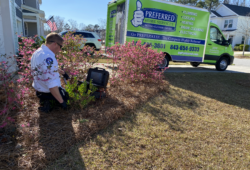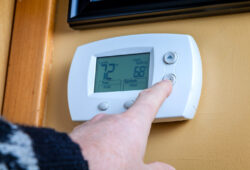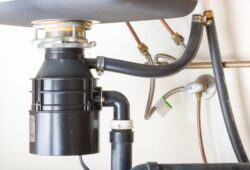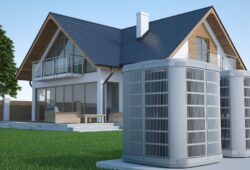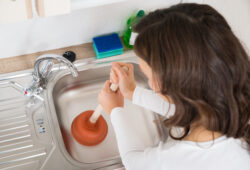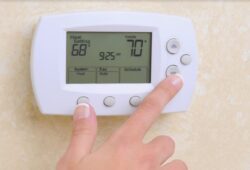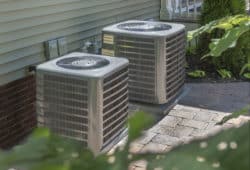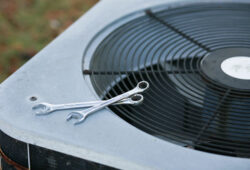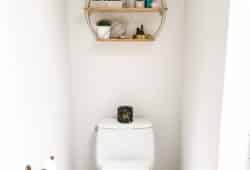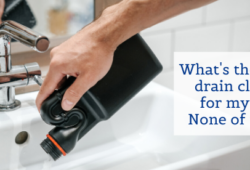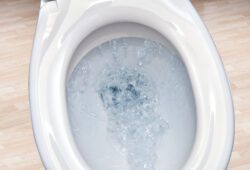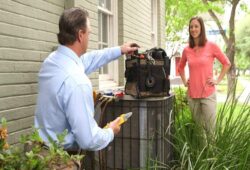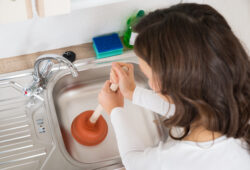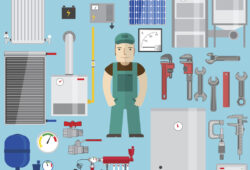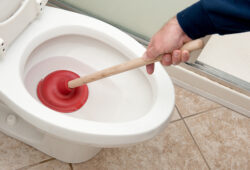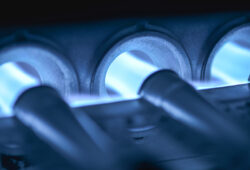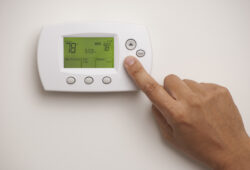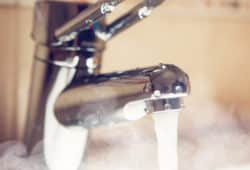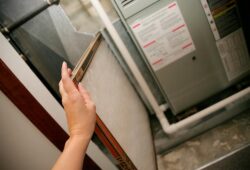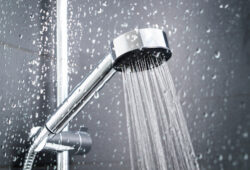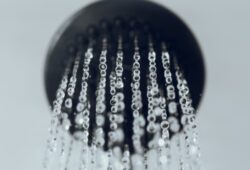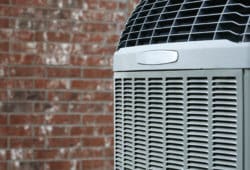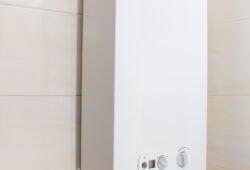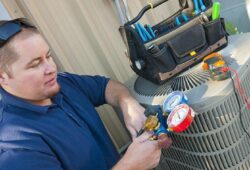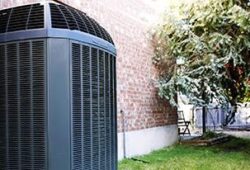Living in South Carolina’s coastal regions can also add another layer of difficulty to maintaining a comfortable indoor temperature. The high humidity in these areas can make it harder for air conditioners to effectively cool a space, leading to increased energy expenses as the unit has to work harder to maintain a comfortable temperature.
It’s important to consider the impact of coastal humidity on HVAC performance when selecting an air conditioning unit for your home or business.
Understanding the Relationship Between HVAC Systems and Humidity
No matter what type of system you have — be it a heat pump, ductless mini-split, furnace retrofitted with central air, or other — humidity has the potential to adversely impact your air conditioning performance.
HVAC systems can be classified into three categories: separate units like heating and cooling split systems, mini-splits (ductless systems), and all-in-one units (packed heating and air systems). Each system comes with various components such as exhaust outlets, evaporators, air blowers, condensers, compressors, air ducts, and thermostats, each of which may be affected differently by humidity.
High humidity can lead to uneven cooling within rooms and increase the risk of system breakdown due to constant operation. While ideal indoor humidity levels range between 40% to 60%, South Carolina’s coastal humidity is often higher due to its geographical location. Understanding the dew point can provide insights for AC installation as it indicates the maximum moisture level in the air.
Navigating Dew Points for Optimal HVAC Performance
Understanding dew points is crucial when considering the impact of humidity on HVAC performance.
Dry yet comfortable conditions are usually associated with dew points below 55 degrees. The air starts to feel sticky when the dew point ranges between 55 to 65 degrees. Once the dew point exceeds 65, the moisture in the air becomes uncomfortable.
How High Humidity Affects Your Heating & Cooling System
South Carolina’s hot and humid climate can pose challenges for traditional cooling systems in maintaining both comfort and efficiency.
High humidity, with excess moisture in the air, can cause HVAC systems to run longer to condense moisture, leading to higher repair costs and utility bills. Signs of excessive humidity include foggy windows, indoor condensation, damp air, and musty odors.
To reduce high humidity, some homeowners rely on indoor air quality solutions. They might install a dehumidifier to lower repair and cooling fees and sign up for a discounted maintenance plan to save on AC tune-ups and costs for repair work.
Benefits of a Ductless Mini-Split System
Ductless mini-splits can help avoid inefficiencies caused by high humidity as they reduce moisture buildup indoors. Homeowners can create individualized zones in rooms with personalized AC units and boxes.
Some of the advantages of having a mini-split system are:
- Simple installation: These systems can be mounted on a wall or ceiling, saving space and allowing for versatility in placement.
- Cost-effectiveness: Mini-splits offer 300% more efficiency than traditional air conditioners, with SEER ratings over 20, resulting in significant cost savings.
- Improved air quality: Mini-splits do not require ductwork, which can reduce the amount of dust and allergens in the air.
Choose Preferred for Your Next HVAC Tune-Up
Because South Carolina is a high-humidity area, routinely servicing your HVAC system will keep it running at peak performance. With fewer breakdowns, rooms can stay ice cold (even on the muggiest days). Expertly improve your energy performance by scheduling HVAC maintenance today.
For over 30 years, Preferred Home Services has assisted homeowners with comprehensive air conditioning solutions. Our services include HVAC repair, HVAC maintenance, and HVAC installation. With fully licensed and carefully screened, NATE-certified technicians available, rely on us for your HVAC services.
Experience the Preferred difference. Schedule your same-day HVAC service in Charleston by calling us at (843) 405-3601.
